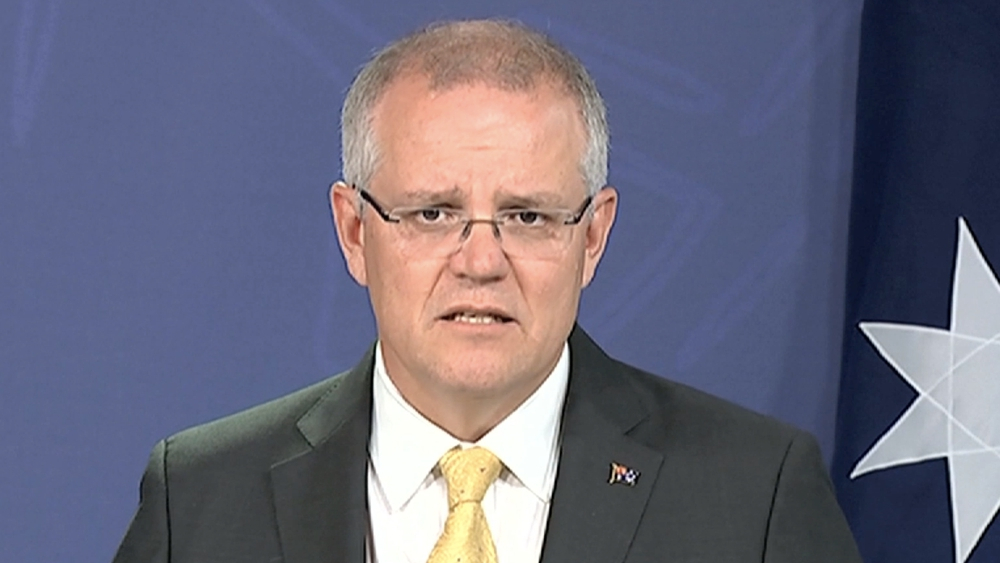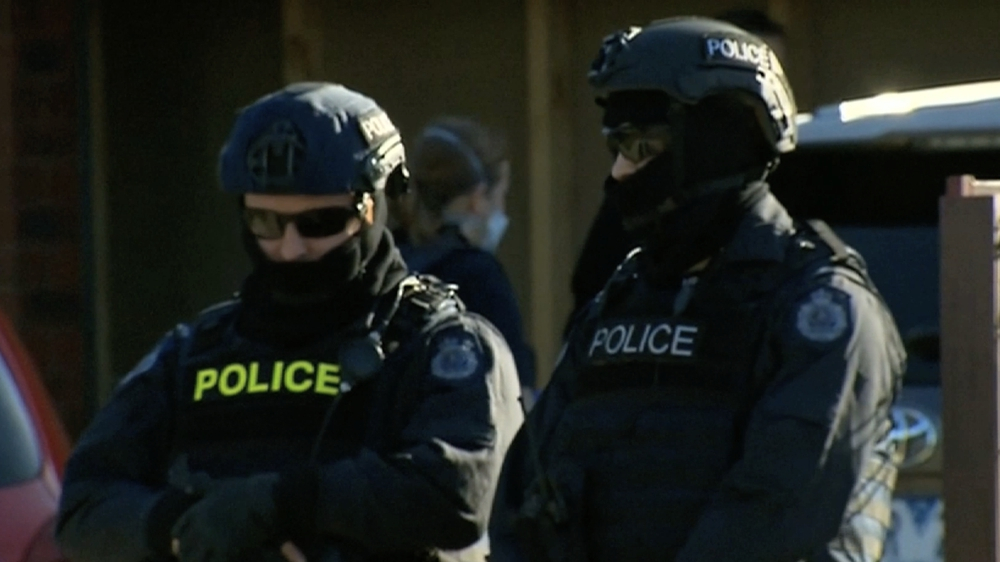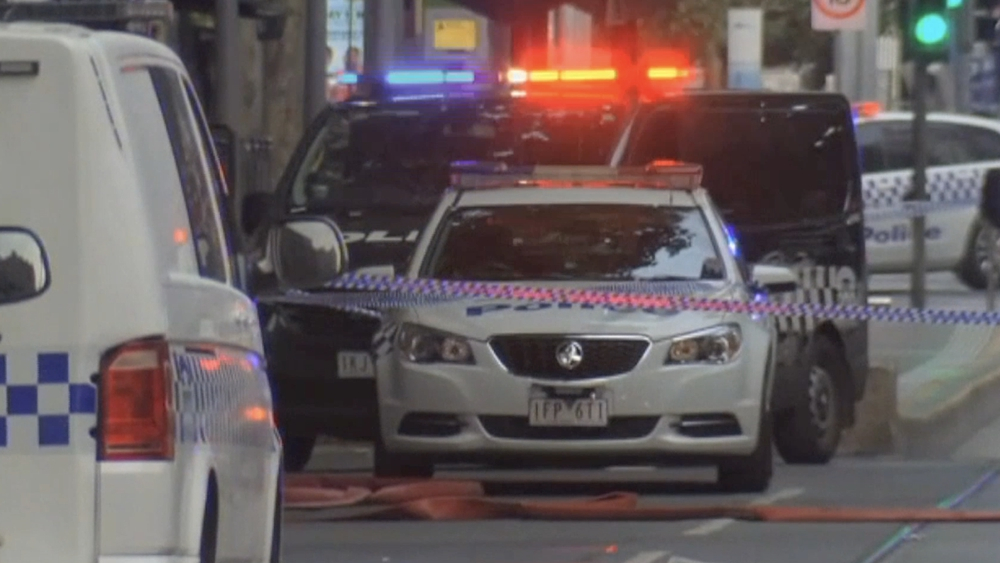
World
11:15, 07-Dec-2018
Australia's controversial plan to help prevent future terrorist attacks
Updated
10:49, 10-Dec-2018
By Greg Navarro

Australian Prime Minister Scott Morrison wants to strip convicted terrorists of their citizenship when the government believes they are entitled to apply for residency from another country.
"Terrorists have violated everything about being what an Australian is all about. It's a crime against our country, not just against other citizens and this is something that can't be tolerated and permitted. And for those who have engaged in this sort of activity, if they have citizenship elsewhere, and we reasonably believe they do, well they can go. That's our clear message," said Morrison.
Deakin University global Islamic politics professor Greg Barton believes the plan will do more harm than good.

Police surround the house of a suspect accused of planning an attack in Melbourne. /Reuters Photo
Police surround the house of a suspect accused of planning an attack in Melbourne. /Reuters Photo
"Not only does risk damaging relations with Muslim communities because it further shifts the blame to them and stigmatizes them, it actually threatens to undermine national security because yeah, you may pick up another half dozen cases where you do something and stop somebody from returning to the country and that can be useful, but it's going to be deal at five to ten percent of the cases you are dealing with," said Barton.
The plan comes in the wake of the deadly attack in Melbourne last month that left two people dead including the knife wielding suspect. Shortly after the incident, Morrison accused community leaders of not doing enough to prevent extremism.

Melbourne police respond to last month's deadly attack. /Reuters Photo
Melbourne police respond to last month's deadly attack. /Reuters Photo
Barton said that kind of message from the nation's leader threatened to undo much of the work quietly taking place to prevent attacks.
"There are a lot of people in Muslim community groups, in police, government, local law enforcement etc, who've worked very hard for many years building trust and building relations and the work that they're doing does save lives. When you've stopped a young person from going to Syria you've saved their life and saved them from doing harm to other people. When you set that work back you put lives at risk,” said Barton.

SITEMAP
Copyright © 2018 CGTN. Beijing ICP prepared NO.16065310-3
Copyright © 2018 CGTN. Beijing ICP prepared NO.16065310-3